The UK House of Commons Science and Technology Committee has launched a new inquiry into the antimicrobial potential of bacteriophages (phages) and the potential barriers to their development and use in the UK. Phages are highly specific viruses that infect bacteria, including antimicrobial-resistant bacteria, and have been increasingly seen as a promising alternative to traditional antibiotics in the fight against antimicrobial resistance (AMR).
AMR is a growing global health threat, with an estimated 4.95 million deaths associated with bacterial AMR in 2019 alone, including 12,000 in the UK. The hunt for alternative forms of antimicrobials to mitigate the effects of AMR continues, and phage therapy is one such option. Clinical trials of phage therapy are currently underway, and successful case studies have shown promising results in treating infections related to cystic fibrosis, pneumonia, infections of bones and joints, the urinary tract, implants, and surgical wounds. Phage therapy has also been effective against biofilms, leading to higher cure rates and shortened treatments.
However, the clinical use of phages in the UK and most of the world is currently only permitted on compassionate grounds, for life-threatening conditions, and where all other treatments have been exhausted. The process is also slow, involving multiple regulatory, scientific, and technical steps. This has led to the development of phage therapy for more widespread use being limited by the current system for clinical use of phages.
The inquiry
The new inquiry by the UK House of Commons Science and Technology Committee will investigate the barriers to the development and use of phage therapy in the UK, as well as examine the government’s approach to the regulation, research, and funding of phage therapy. It will also tackle how phage therapy is classified for regulatory purposes, as this varies across the globe. Phages are classified as biological medicinal products and advanced therapy medicinal products in the EU, drugs in the US, and experimental treatments in Poland. There is a need to reconsider phages as a form of life that may be best handled separately from existing pharmaceutical products.
The potential importance of phage therapy for intervention against the most serious, life-threatening AMR infections is undeniable, and the new parliamentary scrutiny in the UK is to be welcomed. With further research and investigation, many of the current uncertainties around the use of phages in clinical care can be overcome, including optimizing administration methods, doses, and treatment regimes. The WHO promotes the 2022 World Antimicrobial Awareness Week to highlight the urgency of this issue, and phage therapy is becoming an increasingly attractive option to fight against AMR.




